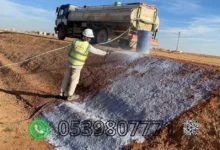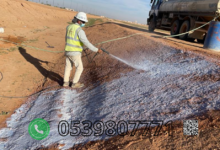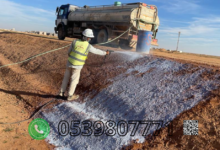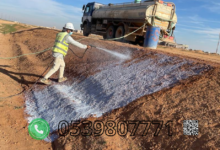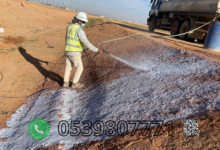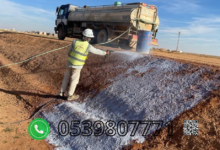Soil Stabilization Services
Soil Stabilization: Definition, Uses, and Benefits
What is Soil Stabilization?
Soil stabilization is a process aimed at enhancing the properties of soil by adding materials or modifying its physical and chemical composition. The primary goal of this process is to improve the soil’s load-bearing capacity and increase its resistance to erosion, making it more stable for construction and engineering applications. Soil stabilization techniques are used to increase the soil’s ability to withstand pressure, making it more suitable for building and construction.
Where is Soil Stabilization Used?
Soil stabilization is applied in various engineering fields such as:
-
Road Construction: By stabilizing the soil, its quality is improved to withstand traffic loads and provide a strong, stable foundation for roads.
-
Construction Sites: In areas with weak soil, stabilization helps improve foundation stability.
-
Dust Control: Used in arid regions to reduce airborne dust levels.
-
Renewable Energy Projects: Enhances ground bearing capacity for heavy installations like solar farms or wind turbines.
Benefits of Soil Stabilization:
-
Improved Structural Stability: Makes soil more capable of supporting heavy loads, aiding in safer foundations and road construction.
-
Erosion Reduction: Helps protect soil from weather-induced erosion.
-
Cost Efficiency: Reduces expenses by minimizing the need for additional materials such as lime or cement.
-
Environmentally Friendly Applications: Some stabilization methods are considered “green,” contributing to environmental sustainability.
If you need soil stabilization services for your project, whether in construction, roads, or any other application, Jabal Contracting Company offers specialized, high-quality solutions. Contact us now for a free consultation and the best implementation for your project.
For more information or consultation, contact us via WhatsApp at: 0539807771.


